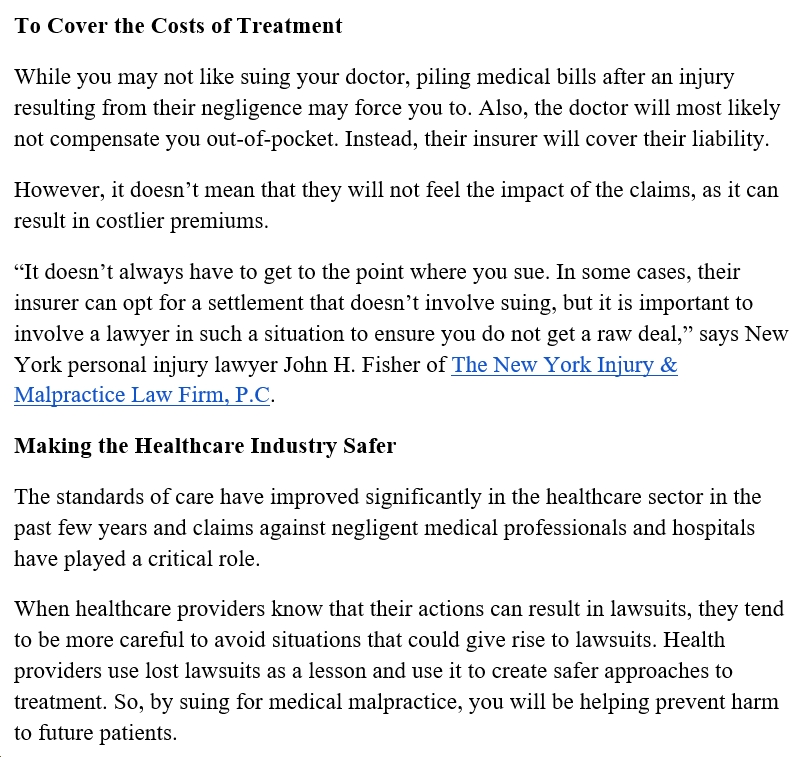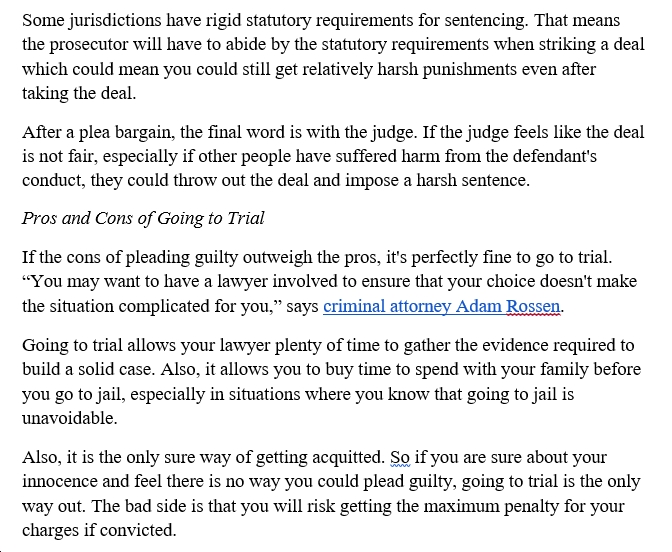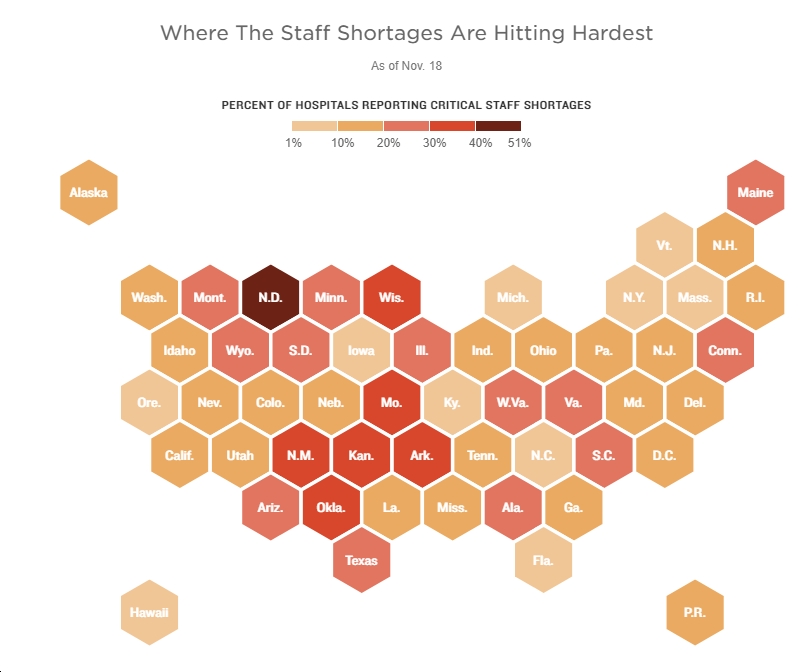SPONSORED CONTENT
The rate at which patients are contracting the COVID-19 is quite alarming. Viruses continue to arise in hospitalized patients, despite advances in the healthcare system. One of the reasons leading to the transmission of the virus among hospitalized patients is negligence.
“People send their loved ones to hospitals for proper medical checkup, treatment, and care with the hope of full recovery when discharged,” say Attorney Russell J. Berkowitz. A hospital is a place where people go to get treated and heal. Unfortunately, many people leave with COVID-19, acquired in the hospital, due to the health personnel’s negligence.
How Do Hospitalized Patients Contact COVID?
Hospitalized patients contact COVID in a variety of ways. Some hospital administrators do not take the airborne nature of the virus seriously, making coughing patients dangerous to their fellow residents and staff, that often put on less-protective surgical masks rather than N95s.
Sometimes, some hospitals neglect to test every newly admitted patient as recommended by the Centers for Disease Control and Prevention (CDC). As a result, the patients spread the virus to their fellow residents and the health care personnel.
Furthermore, Hospital Administrators frequently failed to notify their employees after their exposure to covid, putting them in danger of spreading the disease. These employees attend to patients, and the chances of infecting them with COVID-19 are unquestionably high.
COVID-19 Prevention in Hospitals
Hospital administration needs to put in place necessary precautions that would help to reduce the spread of the virus within the hospital environment. Some of these measures include:
#1. Masking
All health personnel, including community health workers and caregivers, should wear a protective medical mask every time and in any shared area, regardless of whether the care is for COVID-19 or non-COVID-19 patients.
In addition, all other employees, visitors, outpatients, and service providers must also wear a mask at all times while in the healthcare setting. Inpatients are allowed to wear a mask if they cannot maintain a distance of at least 1 meter.
#2. Hand Hygiene
Hand cleanliness is one of the most efficient ways to stop harmful viruses like Covid from spreading. In Hospitals, there should be posters and pictorial instructions on hand hygiene. For Ideal hand hygiene efficiency, health care workers have to Perform hand hygiene following the World Health Organization (WHO) “My 5 Moments for Hand Hygiene approach.”
The approach urges healthcare personnel to wash their hands: before touching a patient, before performing any clean or aseptic procedure, after exposure to body fluid, after touching a patient, and after touching the surroundings of a patient. They should also imbibe the habit of washing their hands with soap and water, cleaning with disposable towels, or an alcohol-based hand rub comprising 60-80 percent alcohol.
#3. Cleaning and Disinfecting the Environment
Accurate and consistent cleaning and disinfection processes should be a must in hospitals. The management should ensure surfaces are cleaned and dispose of trash done regularly. All health care facility surfaces should be cleaned and disinfected regularly, particularly those hands touched frequently and visibly stained by bodily fluids.
Making Disinfectant solutions in well-ventilated spaces at all times is also advisable. Combining disinfectants, both during preparation and use, can induce respiratory irritation and produce potentially lethal gas, especially when hypochlorite solutions are involved.
#4. Screening
Patients, visitors, and others who enter the Healthcare facilities should undergo the screening process. The importance of screening everyone for COVID-19 at the first contact point with the health care facility is to detect the virus early. Following the screening, Isolation follows if there is any suspicion or confirmation of the virus on the screened individuals.
During the Screening process, the screening personnel and those about to be screened should maintain a gap of at least 1 meter and extend this distance, if possible, in indoor situations. To prevent the virus from spreading, screening personnel and those about to be screened should wear a medical mask. Before the screening process, create a barrier between screening personnel and patients; they can use a glass or plastic screen.
In addition, inpatient screening is critical. To prevent the spread of covid within health facilities, It is vital to quickly discover the virus in inpatients who missed the screening process or got infected while in the health facility.
Laws Shielding Hospitals From Liability Lawsuits
Several states have passed or are proposing legislation to protect certain companies and hospitals from liability for injuries caused by COVID-19 exposure. As a result, the capacity to pursue justice for shortfalls in covid-related care is difficult under these regulations.
A clear illustration is when Florida Governor Ron DeSantis approved Senate Bill 72, which offers corporations, hospitals, nursing homes, government agencies, schools, and churches civil protection against COVID-19-related litigation, except for severe negligence or willful misconduct. Plaintiffs in Florida who filed a lawsuit claiming coronavirus-related injuries encountered significant legal challenges.
To file a COVID-19 action against a healthcare professional or business in Florida, “clear and convincing evidence of gross negligence” is now required. In other nations where this law stands, victims face the same challenges in initiating a complaint against hospitals.
Filing a COVID-19 Hospital Liability Claim
As COVID-19 spreads across the country, hospitals are overcrowded with patients. The majority of hospitals are performing admirably, and the healthcare personnel on the front lines of the pandemic deserve praise for their dedication. Unfortunately, if they do not deliver the necessary quality of care, some of those healthcare experts will be declared negligent, resulting in liability litigation.
Because of the regulations protecting hospitals, the COVID-19 liability lawsuit is not easy. Nonetheless, there is no harm in trying. Anyone who believes they have been a victim of medical malpractice should first consult with an experienced medical malpractice lawyer who can assist them with their case.
An experienced medical malpractice attorney can assist you in determining if the virus infection is a result of Doctor negligence, such as neglecting to protect the victim from the virus or failing to utilize the Personal protective equipment (PPE). As a result of the difficulty in proving this, negligence cases on a “no win, no fee” basis will be filed (If your claim is unsuccessful, you will not be required to pay anything toward your legal fees.)
Final Thought
In hospitals, the spread of coronavirus poses a threat to patient safety. It also puts a strain on the workers, and the fear of catching COVID-19 in hospitals might stop people from seeking treatment for other ailments that require immediate attention.
Even though some hospitals get covered by law against Covid 19 liability lawsuits, it is essential to ensure that health care personnel carry out their duties with the highest care and diligence. Doing this will go a long way toward keeping inpatients safe from Covid while in the hospital and limiting the virus spread.

















